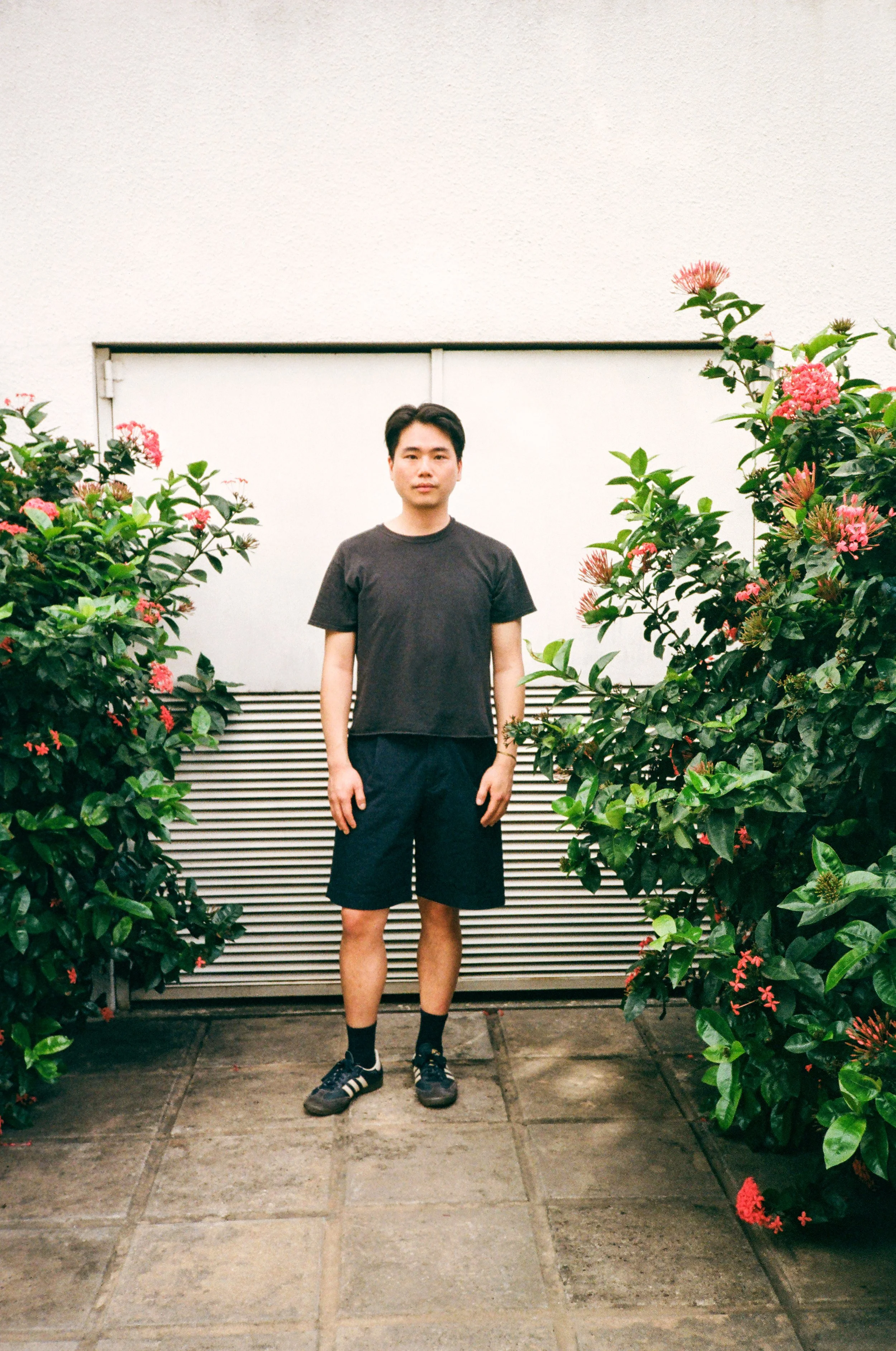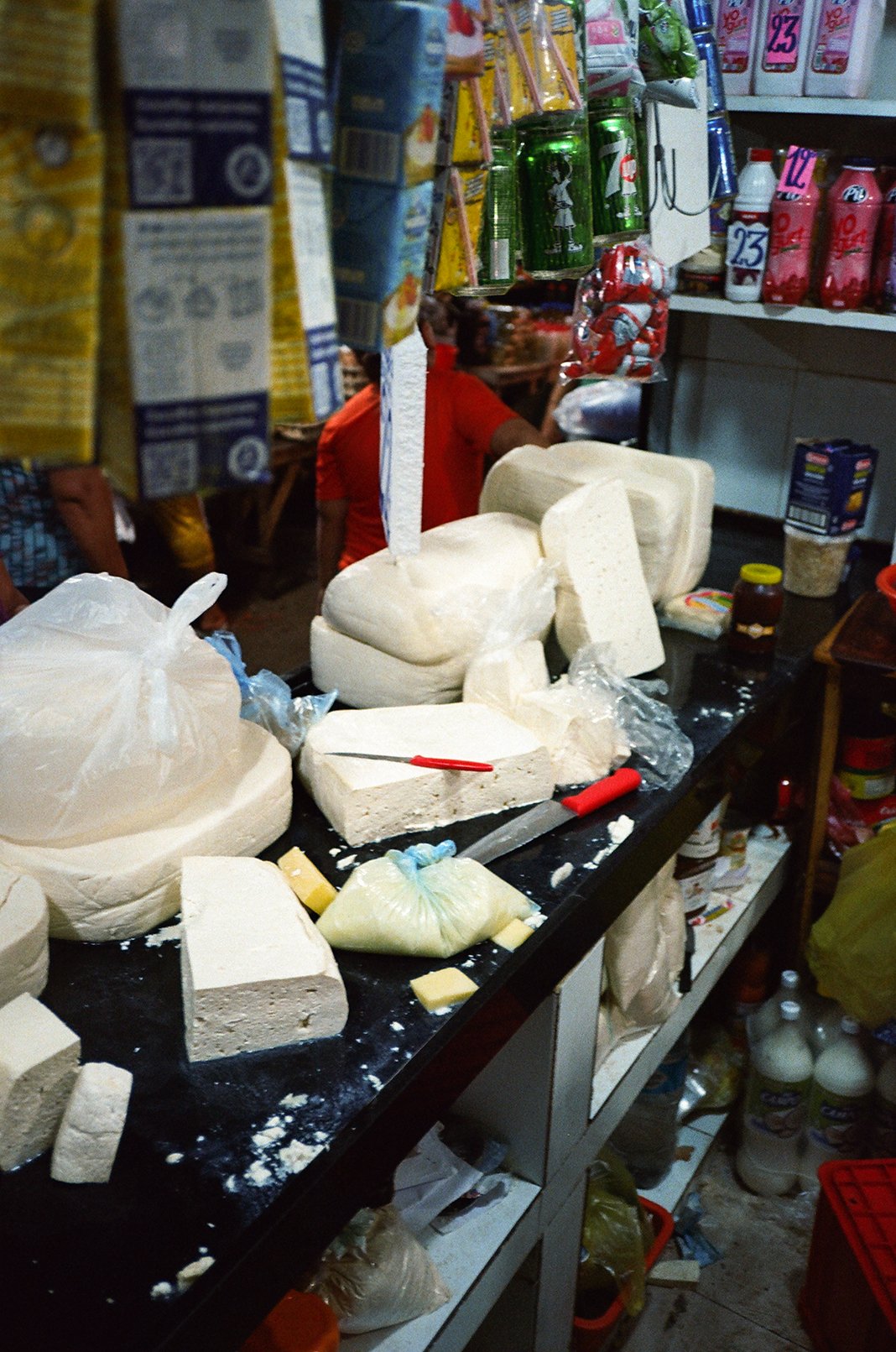BOLIVIA
"Bolivia" is a travel photography book, written and assembled by James Huang. In this book, he writes his memoir in manifesto form, in hopes to instill light within the darkness of immigration issues, dealing with ideas around childhood and memory. Bolivia is a developing country, where they are currently experiencing a dollar and gas shortage. In a way, this book gives light to James’ story, with photographs of his family, and the people and places surrounding his homeland.
For press on this project, please visit:
















































